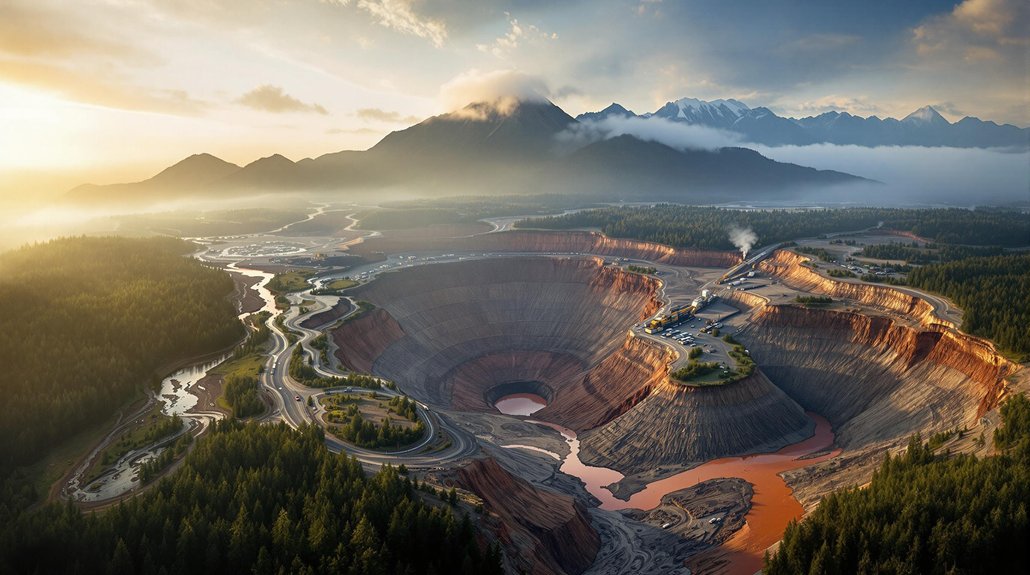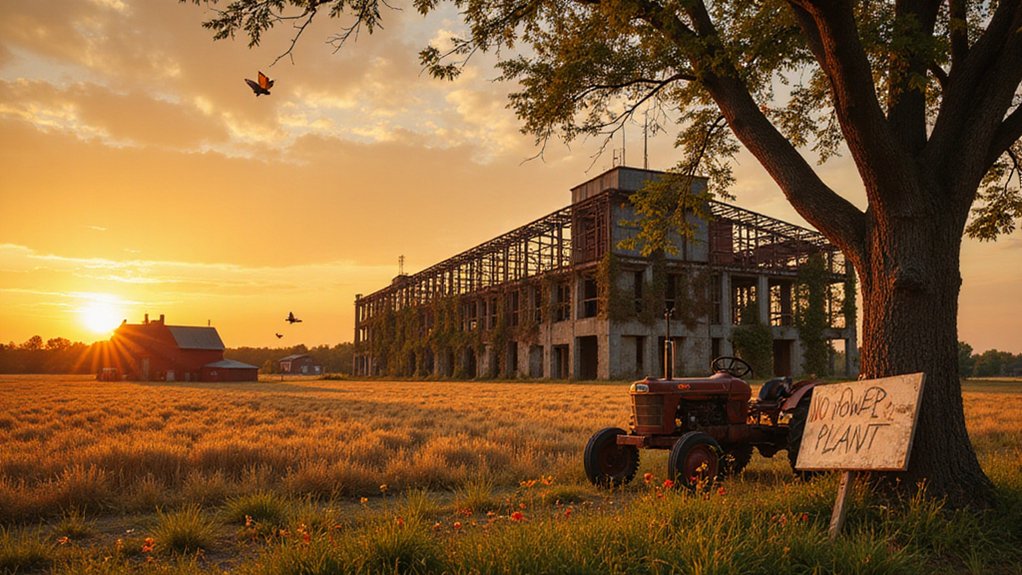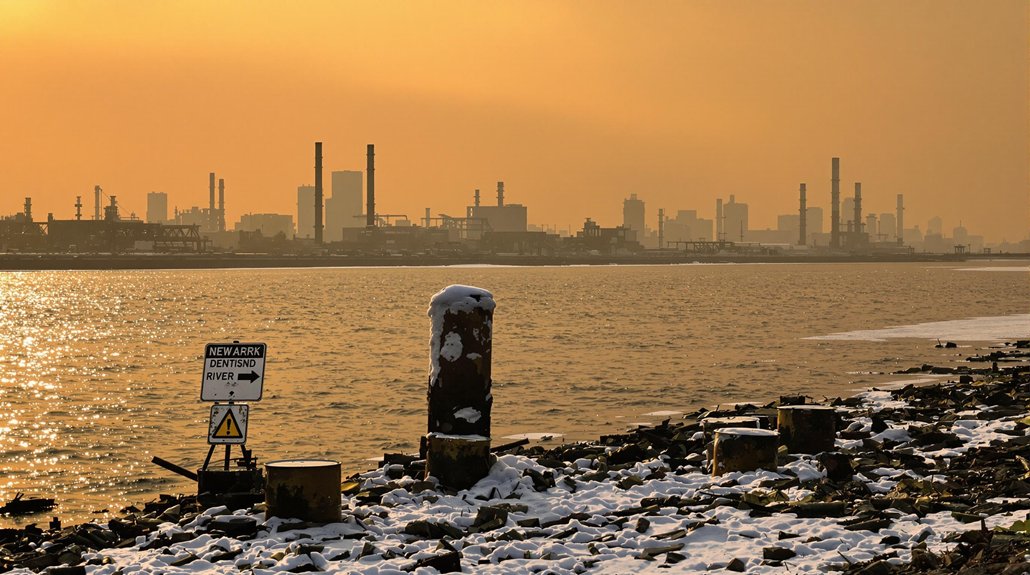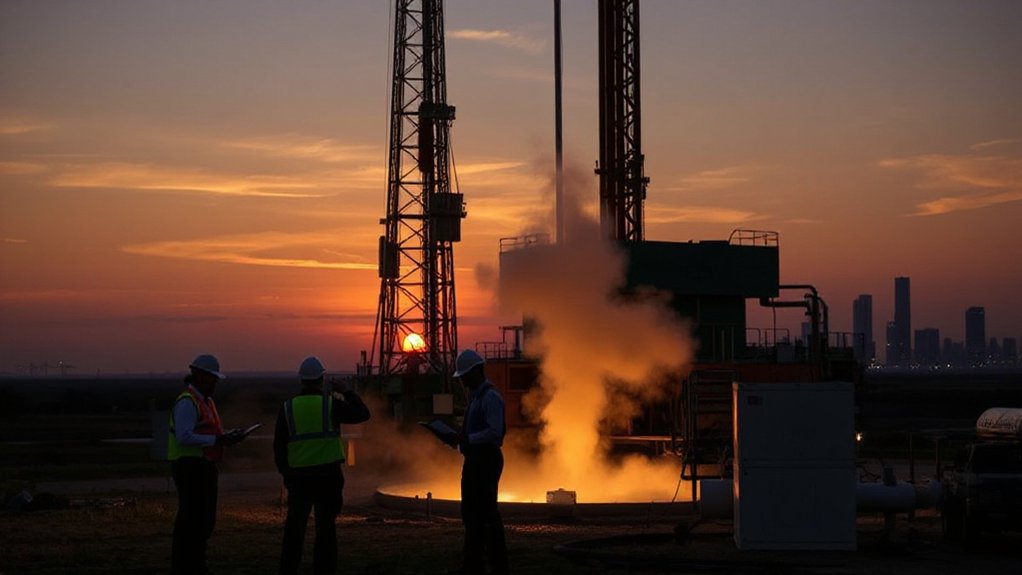Tribal communities across America face financial hardship after a climate funding freeze blocked millions in grants. The Flandreau Santee Sioux lost $500,000 with no recovery option, while the Hopi Tribe’s $90 million solar projects remain suspended. Key infrastructure improvements and renewable energy shifts have halted, threatening jobs and community safety. Federal courts have issued orders pausing the freeze as tribal leaders argue it violates government trust responsibilities. The struggle continues as communities seek relief.
Tribal communities across the United States are facing serious financial challenges after a freeze on climate funding has left millions of dollars inaccessible. The Flandreau Santee Sioux Tribe can’t use their $19.9 million EPA grant, while the Southern Ute Indian Tribe‘s $19 million water system upgrade sits in limbo. The Hopi Tribe has $90 million for solar power projects suspended.
These tribes already spent money expecting reimbursement. The Flandreau Santee Sioux are out $500,000 with no way to get it back right now. Tribes can’t access their funds through the ASAP online portal, even though they have signed contracts. Some tribes might need emergency loans to stay afloat.
“We started this historic bridge repair project because we had an agreement,” said a Flandreau Santee Sioux representative. “Now we’re stuck with bills and no way to pay them.”
The funding freeze has stopped solar panel installations, water infrastructure improvements, and climate resilience hubs. Tribes trying to move from coal to renewable energy now face major setbacks. Some tribes might need to lay off workers. The freeze is also preventing crucial development of flood defense systems that many tribal lands desperately need for survival.
Tribal energy transitions stall as frozen climate funds shut down critical infrastructure projects and threaten jobs.
Several courts have stepped in to help. A federal judge in Washington, D.C. ordered a pause on the funding freeze. A Rhode Island court issued a temporary restraining order against the administration. Democratic state attorneys general have also filed lawsuits.
Many tribal leaders believe the freeze violates the government’s trust responsibility to tribes. This relationship is based on treaties and laws that require the federal government to protect tribal resources.
The freeze hits tribal communities especially hard because many are already vulnerable to climate change. The uncertainty around funding has created a sense of frustration and helplessness among tribal communities committed to environmental protection. Programs to clean up pollution, monitor air quality, and prepare for disasters have all stopped. Tribal lands now face increased risks from climate-related problems.
“This isn’t just about money,” said one tribal leader. “It’s about our future and our ability to protect our land. We’ve waited years for these funds, and now they’re frozen.”









